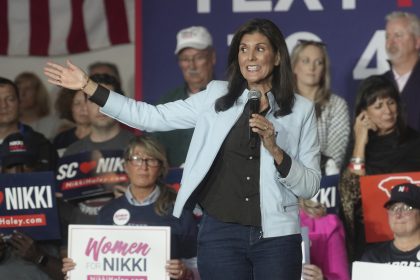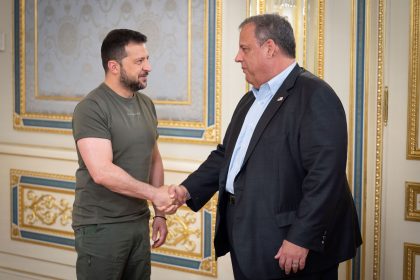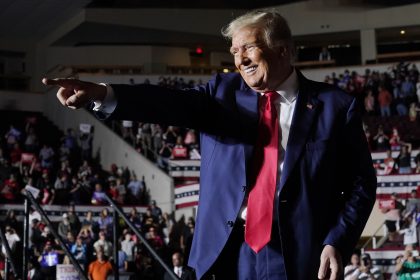FEC Increases Contribution Limits for 2023-2024 Cycle
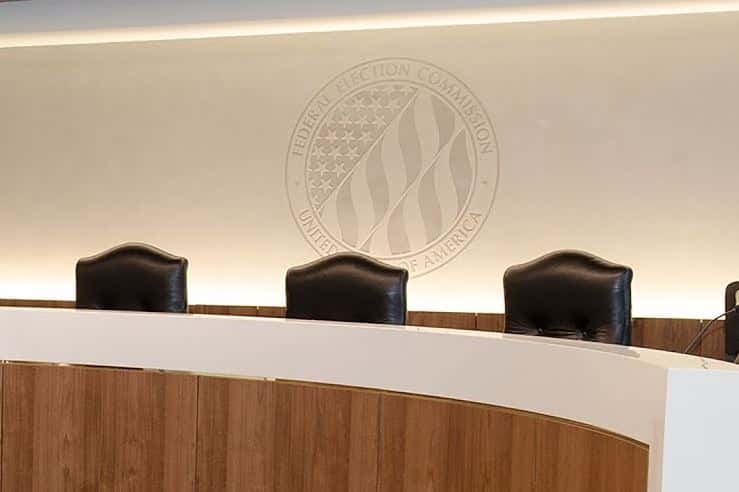
WASHINGTON — The Federal Election Commission has updated its contribution limits, indexed for inflation, for the upcoming federal elections in 2023 and 2024.
The Bipartisan Campaign Reform Act of 2002, also known as the McCain-Feingold Act, included a number of provisions that indexed some contribution limits for inflation.
The limit on individuals’ contributions to candidates, for example, was set at $2,000 per election by the act, and it has been adjusted for inflation at the start of each new election cycle ever since.
These adjustments are announced after the U.S. Department of Labor determines the inflation rate for the previous election year.
The limits have typically increased by $100 each election cycle, but following two years of high inflation, the agency is substantially increasing several contribution limits this cycle.
During the current two-year election cycle the limit for contributions by individuals to federal candidates for president, the U.S. Senate and the U.S. House of Representatives will increase to $3,300 per election.
This is an increase from the previous limit of $2,900.
Because primary and general elections are considered separate elections under the act, an individual can now give a total of $6,600 per candidate, per election cycle.
The election commission also raised the limits on individual contributions to national party committees.
Individuals may now give $41,300 per calendar year to national party committees, up from the previous annual limit of $36,500.
Individual donors may also give up to $123,900 per year to each of the three national party committee accounts maintained to defray expenses incurred with respect to presidential nominating conventions, election recounts and contests and other legal proceedings, and national party headquarters.
This limit is up from the previous limit of $109,500 per year.
In addition, the limit on combined contributions by a national party committee and its senatorial campaign committee to a U.S. Senate candidate over the six-year Senate cycle has increased to $57,800.
The per-election limits on contributions to candidates are in effect for the two-year election cycle beginning the day after the general election and ending on the date of the next general election (Nov. 9, 2022 – Nov. 5, 2024).
All other contribution limits are in effect for the two-calendar-year period beginning on Jan. 1, 2023, and ending on Dec. 31, 2024.
In related news, the Honest Leadership and Open Government Act of 2007 requires that certain political committees disclose contributions bundled by lobbyists/registrants and lobbyist/registrant political action committees once the contributions exceed a specified threshold amount.
This amount, adjusted annually for inflation, is $21,800 for the calendar year 2023.
The chart below was furnished by the FEC:
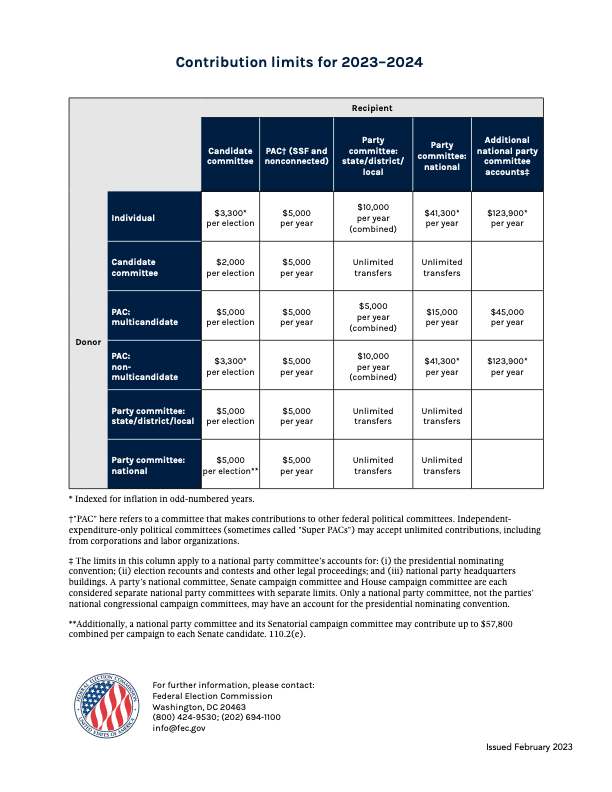
Dan can be reached at [email protected] and at https://twitter.com/DanMcCue


















